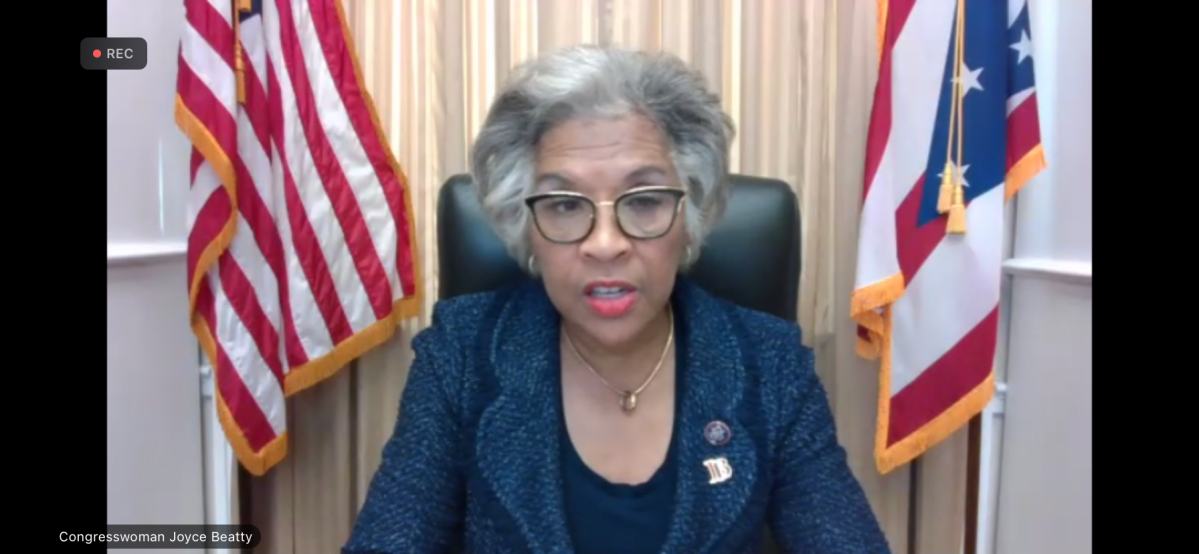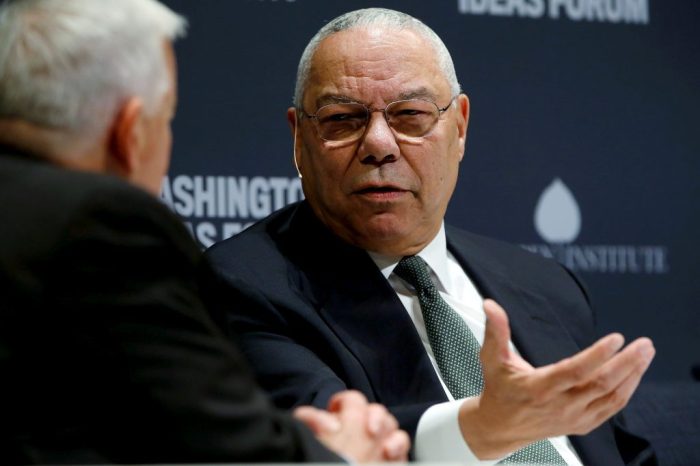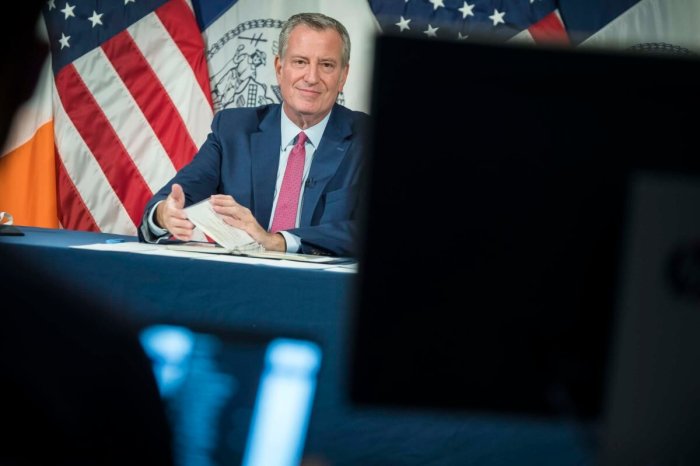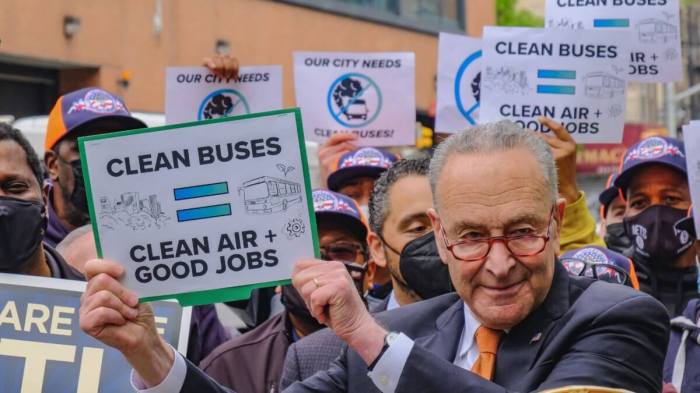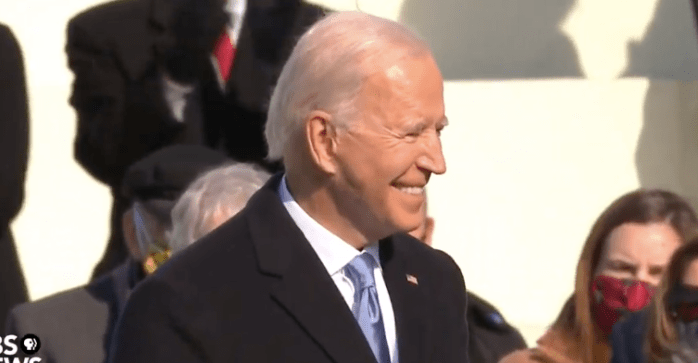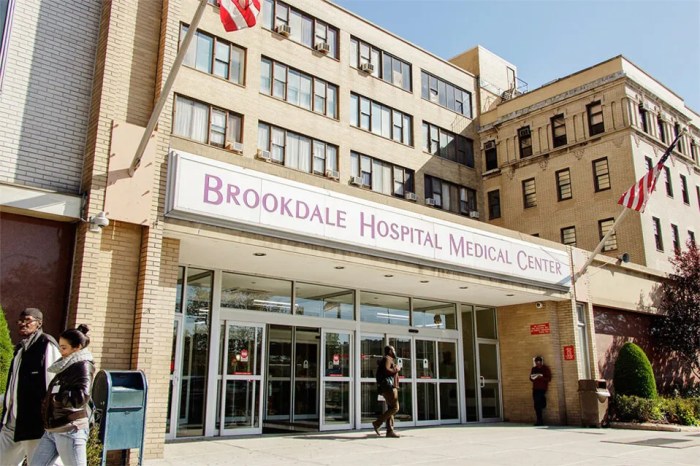Congressional Black Caucus Chairwoman Joyce Beatty (D-OH) promoted the benefits of President Biden’s plans for Americans of color on a press call Nov. 16.
Former CBC Chair and current White House senior advisor Cedric Richmond joined Beatty at the gaggle, in which they sent out a message to focus on the environmental, educational, and economic issues the Black community is facing.
“He has hired more people who look like me than any other president,” Beatty said in her glowing remarks of the President. She confirmed that she and other members of the Congressional Black Caucus were “at the table” when it came to negotiations of the recently passed infrastructure bill, and Richmond believes that she delivered on promises.
They achieved discretionary grants and funding that leaves most of the decision-making and execution to the communities they support. The release of this money is what the CBC is calling a great display of unity.
For example, the bill allocates $350 billion to address environmental issues like pollution. In addition, the bipartisan effort secures $555 billion to address climate change. Beatty pointed out that this focus on environmental change will benefit African American communities the most, noting that Black people in the United States suffer more from asthma, are more subject to harmful infrastructure being placed in their neighborhood, and tend to live closer to abandoned toxic waste sites.
Money for road construction is a double-edged sword; Communities in New Orleans, Tulsa and New York City have all had roadways break up Black communities and bring more pollution to them, sometimes splitting them up in such a way that they lose direct access to neighborhoods altogether (see the Cross Bronx Expressway, which the city wants to use Biden’s discretionary funding to cap off). However, adding more construction to these areas could pose a problem.
Beatty and Richmond placed emphasis on their plan to encourage hiring minority contractors to participate in the change. “We will be pushing for minority contractors,” Beatty said, highlighting women as a demographic they want to pursue more.
Most of the excitement seemed to be around the jobs that these infrastructure projects will create, and keeping jobs in the community is one of the goals of the CBC.
“Ninety-four percent of these jobs won’t require a four-year degree,” Richmond added. That means all of the broadband projects, the electrification of bus fleets, pipe fitting projects and other contracts will create jobs beyond just building roads—jobs that are more accessible to people with just a high school education or an associate’s degree and have the potential to offer fair wages.
Beatty said that the transportation secretary, Secretary Pete Buttigieg, “reached out to talk about diversity and equity in projects,” alluding that he will help keep that promise.
When the conversation shifted to families, Beatty focused on how the bill will help Black women, not only with jobs to support their families, but with childcare so that they can continue to work. Expanded subsidies for child care mean that the women who own these establishments can actually support demand.
“More children can be placed,” Beatty said, “I’ve visited daycare centers and asked that specific question.”
Possibly the most important change to childcare is that three and four-year-olds will go to preschool for free.
One thing they were able to achieve for Black students in college was expanded funding for historically Black colleges and universities (HBCUs), and Richmond confirmed that this funding is exclusively for them without placing them in competition with other majority-minority institutions.
“We are investing in them more than any other administration in the history of the United States,” Richmond said. HBCU funding increased by $400 million to a total of $4.2 billion.
The White House advisor placed emphasis on a future partnership with the CBC as they promoted the entire Build Back Better package, and brushed aside comments about the low approval rating for President Biden, despite him polling very low with the Black community.
“He’s not worried about public perception,” Richmond said. It’s the recovery this administration is focused on.


